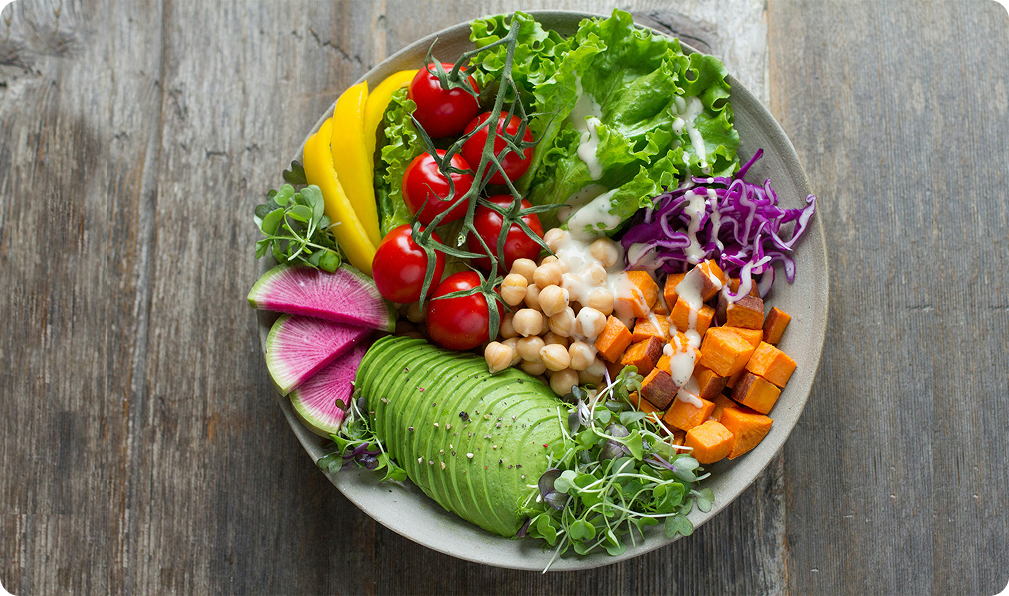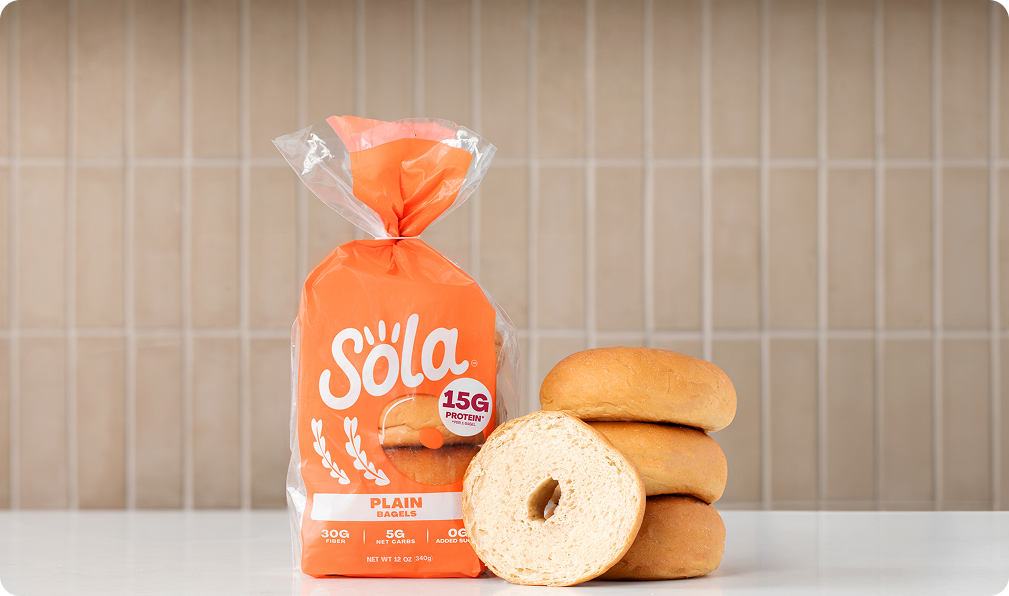
It's a given that you'll be advised about getting enough protein if you're a vegetarian or considering becoming one. Thankfully, this concern is massively overstated. You'll need to put more work into getting protein as a vegetarian than you would with an omnivorous diet. However, as you'll soon see, it's easy to manage your protein intake as a vegetarian as long as you know what your options are.
If you're worried about a lack of choices, you'll soon see it's the opposite. There are so many tasty protein choices out there for vegetarians that it can be hard to choose just one. As you think about the sources of protein for vegetarians, consider your protein goals as a minimum of around 0.36 grams per pound. However, that's the minimum, and you should scale it up as you exercise more. The more muscle you have or want, the more protein you'll need.
The Best Protein Sources for Vegetarians
There are enough sources of protein for vegetarians out there that it'd be impossible to list them all fully. Some have proven themselves as especially important. The following ranks as the time-tested best protein for vegetarians.
Tofu
The protein content of tofu varies by type, with firm tofu having the most at around 22 grams per serving. Tofu also provides you with calcium and iron while being cholesterol-free and heart-healthy.
What's more, tofu is incredibly versatile. It easily picks up flavor, and you can change the texture and firmness by pressing it to expel moisture.
Seitan
Seitan has achieved fame in plant-based circles as a meat substitute. Seitan has a similar nutritional profile to meat, with one serving typically containing over 20 grams of protein.
This versatile ingredient can also mimic the taste and texture of meat, making it an invaluable part of any vegetarian diet. Amazingly enough, seitan can even look like meat when cooked.
Chickpeas
Chickpeas aren't as complete a protein as seitan or tofu, so you'll want to eat them in combination with a grain of some kind to leverage their 14.5 grams of protein per cup properly. That said, this is seldom an issue because chickpeas are a perfect pairing with grain-based dishes.
A classic culinary option is to make hummus from chickpeas. Though it also goes amazingly well with curries, stews, and soups. You can even bake with chickpeas.
Beans and Lentils
Lentils are the king of protein in the bean family, but that doesn't mean the others aren't a great option as well. A cup of cooked lentils has around 18 grams of protein, while other beans typically have about 13 to 15 grams of protein per cup.
Mushroom Root
Mushrooms do have protein, but it's their root system that's especially potent. The mushroom's root system, also known as mycelium, contains dense, complete protein.
Mycelium, like tofu and seitan, can also be molded into similar shapes and textures to meat. Add in its ability to absorb flavors, and it's easy to see why mushroom root is becoming a fast favorite in plant-based diets.
Sola Bagels
Sola bagels are a special type of bagel formulated to be both healthy and tasty. These bagels are especially significant because they can be a perfect fit for specific, targeted needs such as protein for vegetarians.
For example, you can easily increase your vegetarian protein intake by just replacing your usual bagels or sandwich bread with a protein-rich Sola bagel. Doing so would provide 14-15 grams of protein per bagel, a great serving of protein for your snack or sandwich.
Bringing It All Together To Make the Perfect Meals
Don't worry if you're having a hard time deciding which protein-rich choice to eat for your next meal. A general rule for all diets is to diversify your options. Try getting protein from all of the groups mentioned so far. Any diet is all about finding options that you can enjoy healthily for the rest of your life, so try all the choices out there and find high-protein foods for vegetarians that you legitimately love.


